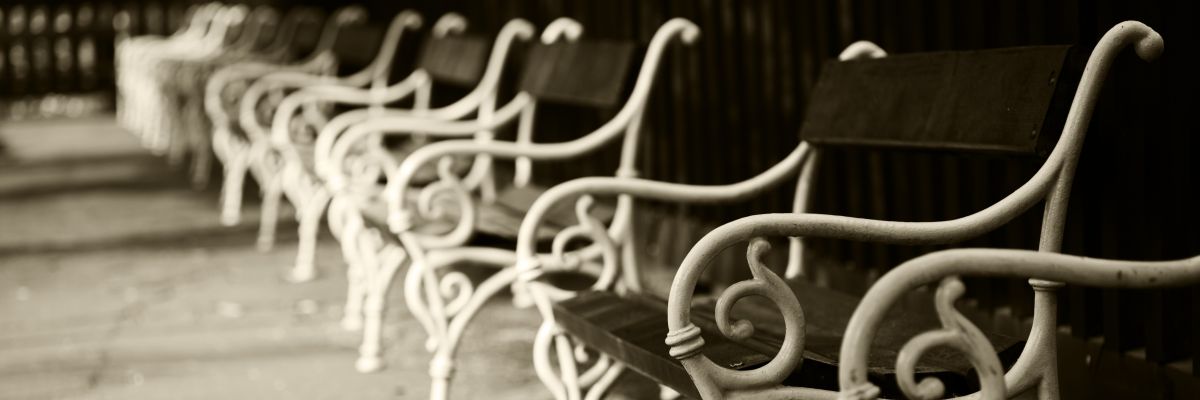On 5 October 2018 a visitor to our website posted a question to us in our ‘What Duty of Care does a Nursing Home Have?’ article.
The person asked:
“What if an aged care facility has admitted administering an overdose of medication by an incompetent staff member, that I strongly believe exasperated her early demise?”
So, can a person sue a nursing home because they caused a death? Yes. A nursing home can be sued if their negligence has caused the death. They can also be sued for a psychological injury caused to a person because of the death.
For more information on the duty of care owed by a nursing home, see our article ‘What Duty of Care does a Nursing Home Have?
When can a nursing home be liable for a death?
A nursing home can be liable for a death when it has breached its duty of care to the resident. When this happens, the law states it has been negligent.
The nursing home will be responsible for the actions or inactions of its staff. So, if a staff member incorrectly administers a medication, or fails to prevent a fall from occurring, the nursing home will be responsible, not the staff member. This is called vicarious liability.
The nursing home must cause the death
Just because the nursing home has breached its duty of care does not mean it will be liable for the death. The breach must cause the death. This is called causation.
If the breach of duty causes the death, then a claim for negligence may be brought.
Who can make the claim for negligence?
When a person has died because of negligence, a claim can be made by the executor of their estate. A family member can also make a type of claim called a compensative to relatives claim.
Negligence claims as a way of seeing justice
Negligence claims are a way of holding the negligent person (or nursing home) accountable for what they have done. The law states that the end result of a negligence claim is compensation. Compensation is awarded for the losses and costs received because of the negligence. By having an economic consequence to the negligence, this ‘penalty’ is a way of coercing the nursing home to ensure it doesn’t happen again. The saying ‘hit them where it hurt: the back pocket’ applies here.
However, the law currently discriminates against elderly people when it comes to these claims. You will see why after reading further.
What can an estate claim?
The laws in each State and Territory are different. In the ACT an estate can claim for:
- Treatment expenses as a result of the negligent act and prior to the person’s death;
- Funeral expenses; and
- Any other costs incurred because of the negligence.
The law in the ACT prevents any compensation for the person’s pain and suffering after the negligent act. Also, special damages called exemplary damages, which can be awarded when the negligent act was particularly bad, are also prevented from being awarded.
The ACT laws, which are similar to those in NSW, operate harshly for people affected by negligent nursing home treatment.
What can be claimed in a compensation to relatives claim?
The laws in each State and Territory are different. In the ACT, relatives can claim compensation for:
- Loss of any financial dependence they had on the person who died;
- Loss of the value of any assistance that person provided to them for personal care, help at home with domestic tasks or even caring for children; and
- Any direct costs such as treatment expenses and funeral costs.
A compensation to relatives claim covers losses by the relative, not the person who died.
Current laws discriminate against nursing home residents
Laws in the ACT and NSW make it uncommercial for compensation to relatives and estate claims to be run because the categories of compensation which can be claimed are narrow.
Negligence claims are complex and costly because to prove negligence you must get expert evidence to show:
- The nursing home breached their duty of care.
- Because of the breach the nursing home caused the death.
Because the classes of compensation which can be claimed are so restrictive, the costs of running a claim would likely outweigh the compensation, even though a nursing home would have to pay legal costs.
The current laws, whether inadvertently or not, place little value on the suffering of nursing home residents.
Claims can be made for psychological injuries
Unfortunately, quite often after a traumatic death of a family member, relatives can experience emotional distress to the extent they develop a mental illness. A nursing home will owe family members of residents a duty of care not to cause them a psychological injury. This is because:
- The nursing home owes a resident a duty of care;
- If the nursing home breaches this duty of care, they know that it could cause emotional distress to a family member; so
- The nursing home also owes the family member a duty of care not to cause them a psychological injury.
This type of claim is called a mental harm claim. For more information see our article Psychological injury because of death to a family member.
For more information or to make an appointment in either our Canberra or Queanbeyan office please do not hesitate to contact Matthew Bridger or Thomas Maling
Further reading

elringtons lawyers regularly provide legal advice in relation to a range of health law matters. Please contact our Health Law Team for more information or to make an appointment call (02) 6206 1300











